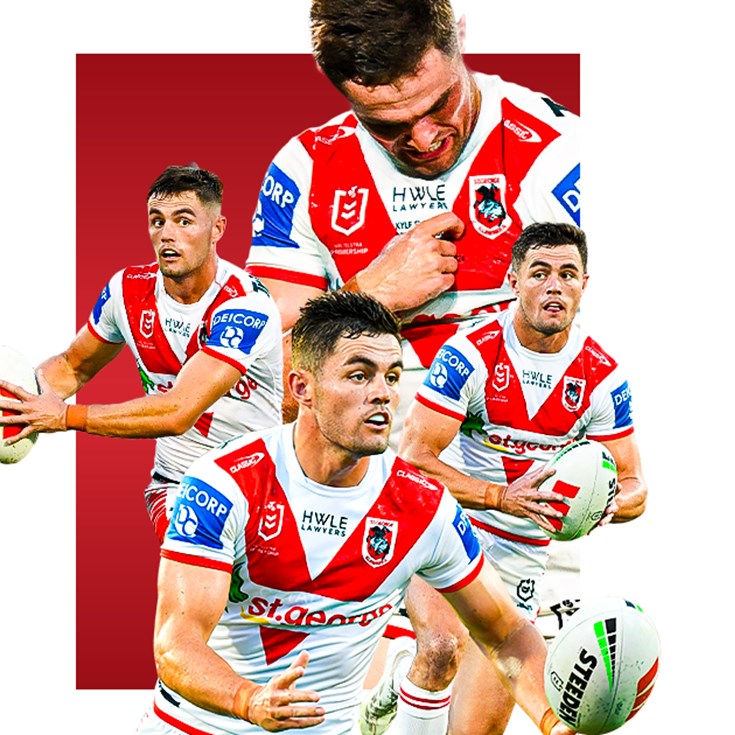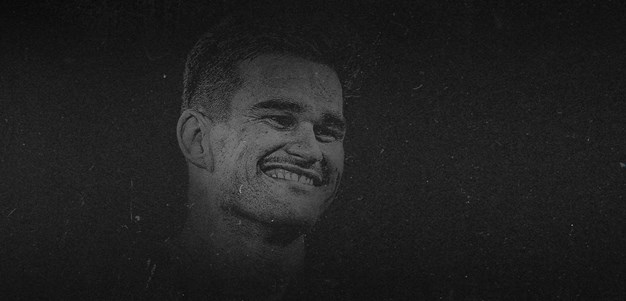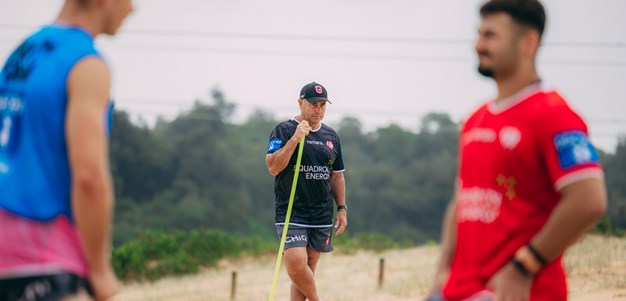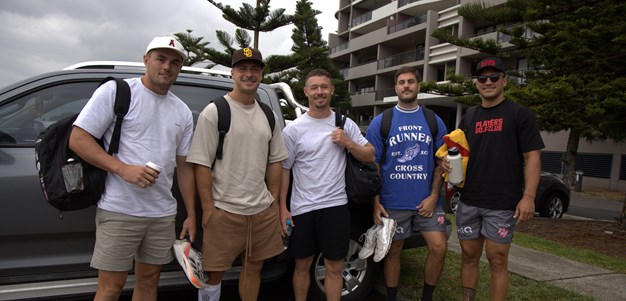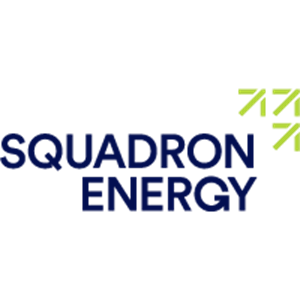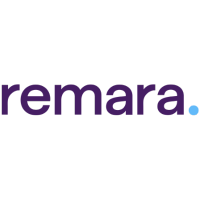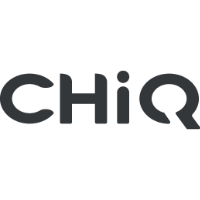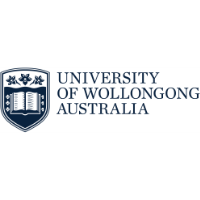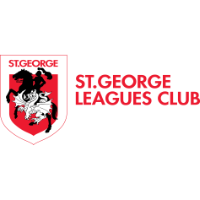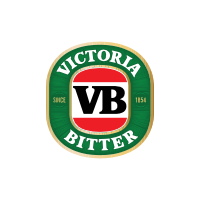

St George Illawarra forward Dan Hunt is one of 14 State of Mind ambassadors appointed by the NRL to increase awareness around mental health – one of the country's biggest health issues.
The engagement of elite players is critical in bringing a different attitude to the way mental health is addressed within the community.
"The reason I am so passionate about it is my own mental illness experiences," Hunt said.
"With my studies I am doing in the social work and community services department I am just very passionate about making a difference with the younger kids, current players and even retiring players."
Mental illness affects one in two people nationally. Rugby league is in a unique position to have a positive impact on mental health by using its profile and players to lead discussion, connect people and help break the silence on what can be a life-threatening matter.
"I have friends who have retired from footy and they are struggling. They don't know how to ask for help," Hunt said.
"You see players struggling all the time through injury, alcohol, financial, family. There is so much happening in the game and in society as well.
"With my own experiences and with the studies I've done, I think I can make a difference in the lives of those players."
The State of Mind Ambassadors, who are current NRL squad members, volunteered for the roles because they wanted to make a difference in the area of mental health.
The nomination process took into account; reputation both on and off the field, a desire to contribute to the mental wellness of the community, participation in education in a relevant field and a willingness and capacity to participate in activities outside the club football schedule.
"The NRL is doing great things and I just love to be a part of it," Hunt said.
"It's important to implement programs that can assist players in the transition to retirement, injuries, players struggling with alcohol or drugs and players struggling mentally.
"Players think they have to keep it quiet because they have an image they need to portray to the public. The most important thing is the education of it, people understanding it and breaking down the stigma, and letting people know what support networks are out there."
All ambassadors will receive Mental Health First Aid training and qualifications, training and support to be able to deliver a mental health program designed by the Black Dog Institute, the opportunity to give back to their community in a meaningful way and become a leader in mental health awareness within their clubs.
The NRL is in coalition with Lifeline, Kids Helpline, Headspace and the Black Dog Institute to implement a number of new initiatives.
For more information visit nrlstateofmind.com.au
